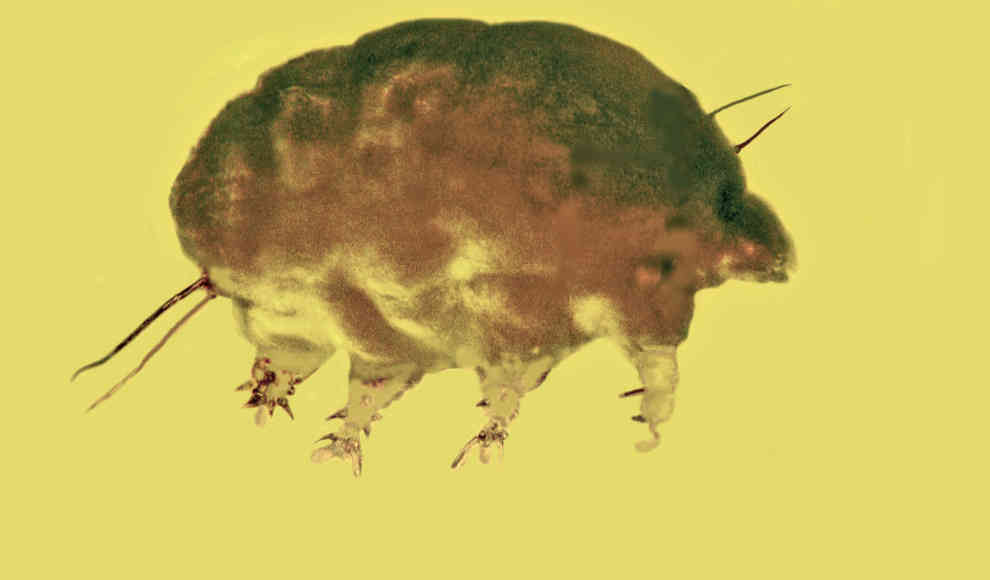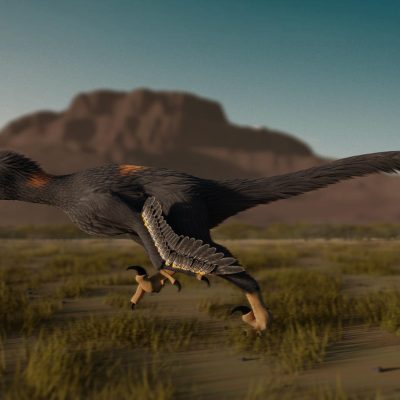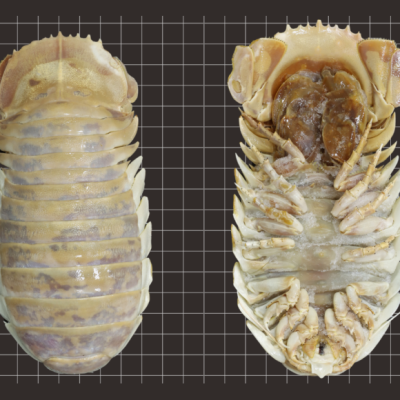In a rare discovery, scientists at Oregon State University have found a new species of animal that does not fit into any known group. The tiny creature, named Sialomorpha dominicana, was found preserved in a 30 million-year-old piece of amber and resembles a mite or tardigrade. However, it has no claws at the end of its legs and fewer legs than its counterparts. The discovery of this new animal group, which is believed to have lived in warm and humid environments, sheds light on the existence of unique and previously unknown animal lineages that existed until the middle of the Tertiary period.
The discovery of new animal species is not uncommon, but the discovery of a new animal group is extremely rare. Scientists at Oregon State University have found a new species of animal that does not fit into any known group. The tiny creature, named Sialomorpha dominicana, was found preserved in a 30 million-year-old piece of amber and resembles a mite or tardigrade. However, it has no claws at the end of its legs and fewer legs than its counterparts. The discovery of this new animal group, which is believed to have lived in warm and humid environments, sheds light on the existence of unique and previously unknown animal lineages that existed until the middle of the Tertiary period.
According to George Poinar Jr., the lead author of the study, “there is no animal group to which these fossils can be assigned.” This means that the Sialomorpha dominicana does not belong to any known animal group and is a completely new animal lineage. The discovery of this new animal group is significant as it is believed to be a step above vertebrates on the arthropod level of the tree of life. The discovery also highlights the existence of unique and previously unknown animal lineages that existed until the middle of the Tertiary period. The Sialomorpha dominicana is believed to have lived in warm and humid environments and fed on fungi, which were also found preserved in the amber. While the exact classification and lifespan of the Sialomorpha dominicana are still unknown, this discovery provides valuable insights into the evolution of animal life on Earth.










